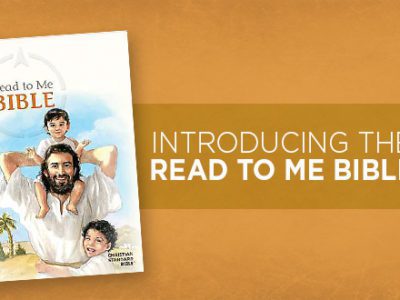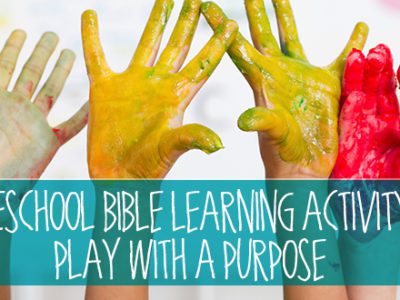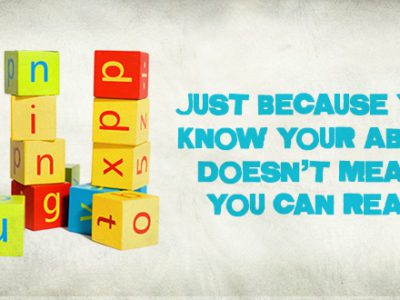September Bible Reading Plan
By Kayla Stevens This September make a plan to read the Bible with your family. Read and study select passages from 1-2 Peter and encourage your …

By Kayla Stevens This September make a plan to read the Bible with your family. Read and study select passages from 1-2 Peter and encourage your …

By Alyssa Jones Make a plan to read God’s Word with your family in June. This month, read selections from the Gospels and Acts. Read in the morning …

By Kimba Capbell I remember years ago, several of my friends talking about their “word” for the year. One of my friends chose the word “peace” and …

Ironic, isn’t it? We have access to more information than the generations that came before us, yet we distrust that information with increasing …

The “Nothing Less” Research was conducted to answer the question: “What can parents do now to affect their children’s spiritual health when they …

I’m beyond excited to get to announce the release of the new CSB Read to Me Bible! As both a classroom teacher and a parent, I have been a long-time …

Biblical literacy in adults today is anemic at best. We know that on average, American adults own a total of seven Bibles, but rarely read them. …

Lifeway has recently released a newly revised Bible translation, titled the Christian Standard Bible. Formerly known as the HCSB (Holman Christian …

I am very excited about the release of the Christian Standard Bible (CSB). Today the release was made official in Lifeway Kids ongoing Bible study …

Preschoolers learn through play. However, at church, we must be sure that we are guiding the preschoolers to “play with a purpose” and learn Bible …

By Kim Harris, Leadership Strategist West Cobb Church, Marietta, GA Three-year-old Bain stands up, grinning from ear to ear, and proudly sings the ABC …

I was a Bible Drill kid. My first Bible Drill leader was Mrs. Helen Smith, and then it was my grandmother. My church didn’t have a lot of Bible …
